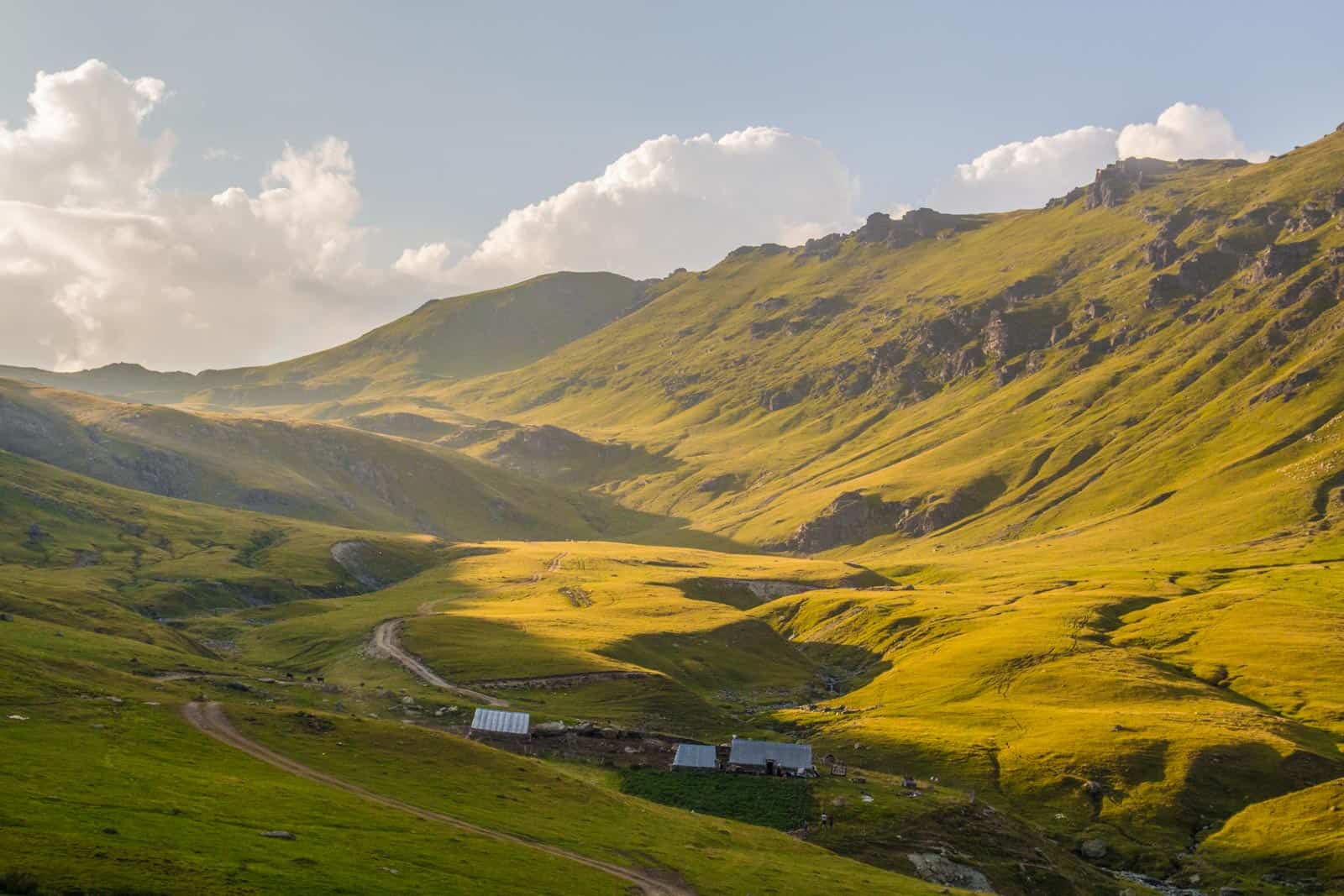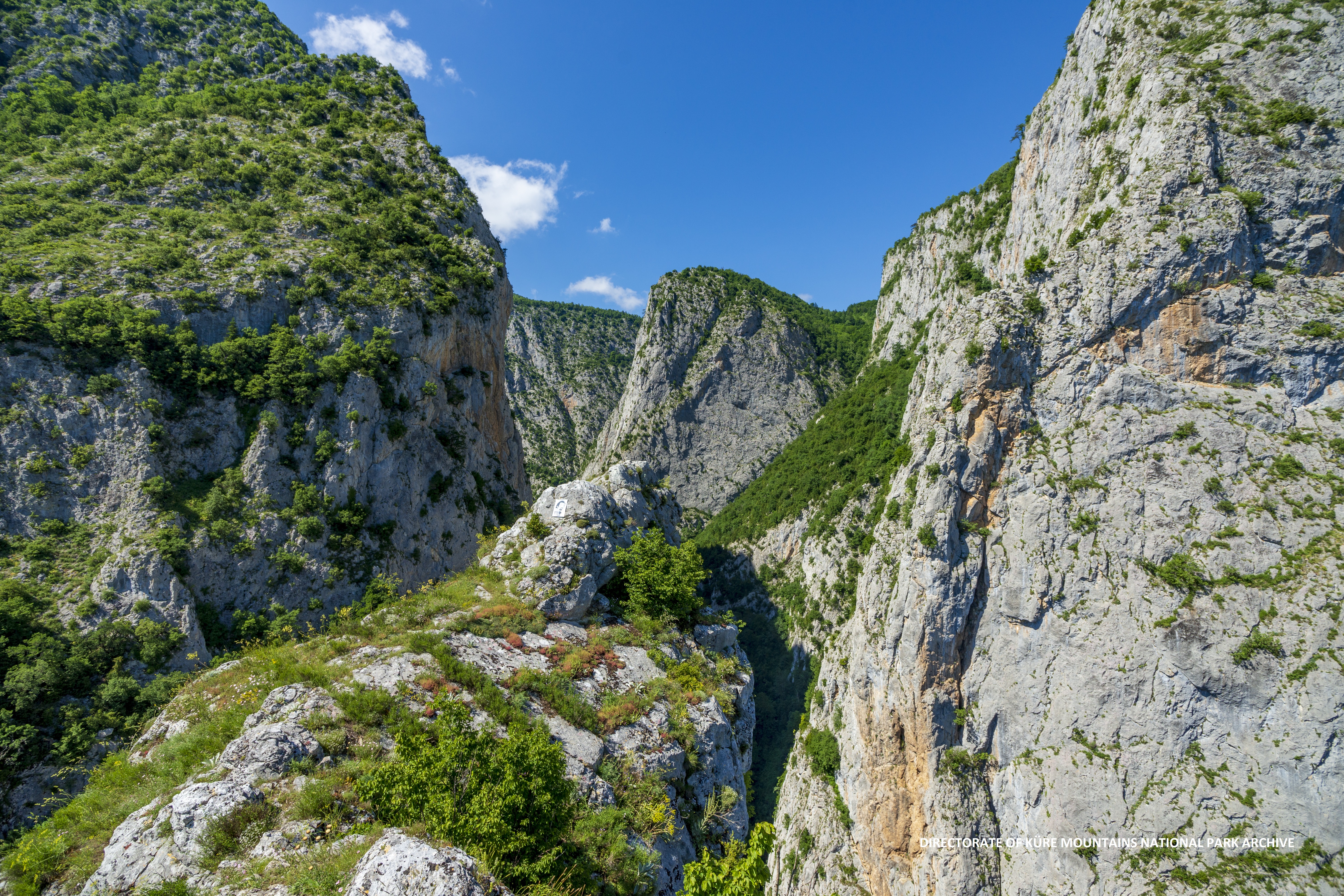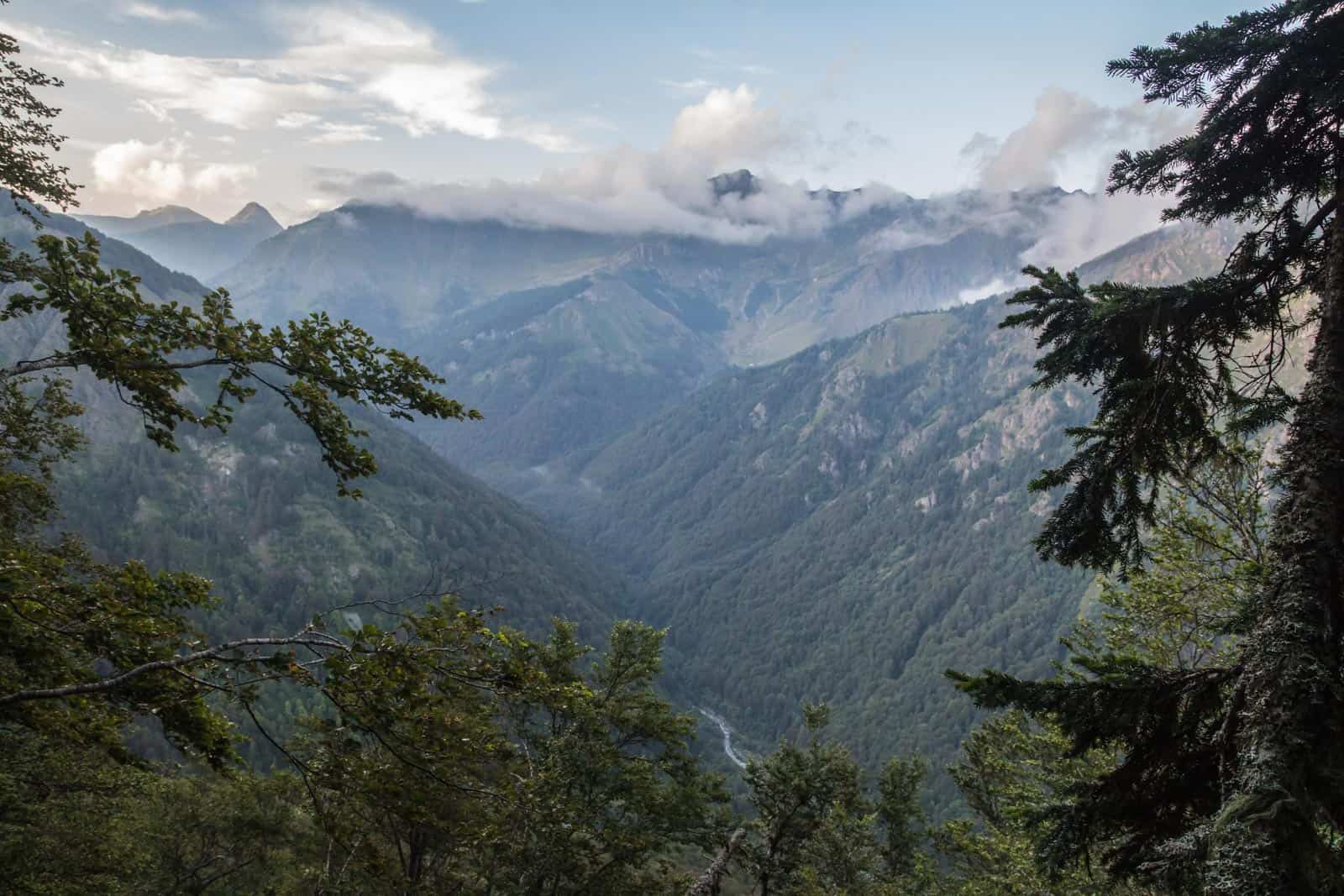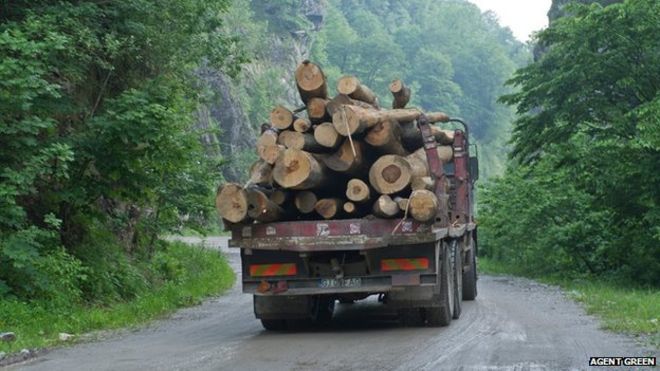Big hope for Antarctica – world’s largest marine reserve created
New 598,000 square-mile protected area is more than twice the size of Texas, and will protect everything from penguins to whales.
A remote and largely pristine stretch of ocean off Antarctica received international protection on the last week of October, becoming the world’s largest marine reserve as a broad coalition of countries came together to protect 598,000 square miles of water.
The marine protected area was created based on a proposal from the U.S. and New Zealand. It comes a few months after Barack Obama expanded a national monument around Hawaii, creating a 583,000-square-mile “no-take” one that at the time was the biggest in the world.
Environmental groups and several countries had pushed for protections for the Ross Sea for decades. Over the past few years, two nations emerged: China and Russia, which expressed concerns about putting too much ocean off limits to fishing or other uses, including the possibility of seabed mining.
But 500 prominent scientists signed a letter urging protections for the Ross Sea. China changed tack last year, and Russia came on board last week, in a display of what Sala called “global environmental leadership.”
South of New Zealand and deep in the Southern (or Antarctic) Ocean, the 1.9 million square-mile Ross Sea is sometimes called the “Last Ocean” because it is largely untouched by humans. Its nutrient-rich waters are the most productive in the Antarctic, leading to huge plankton and krill blooms that support vast numbers of fish, seals, penguins, and whales.
Some 16,000 species are thought to call the Ross Sea home, many of them uniquely adapted to the cold environment. A 2011 study in the journal Biological Conservation called the Ross Sea “the least altered marine ecosystem on Earth,” citing intact communities of emperor and Adelie penguins, crabeater seals, orcas, and minke whales.
The sea’s remoteness has meant it has largely escaped the heavy fishing and shipping pressure that has impacted so much of the world’s ocean, although rising prices for seafood and the low cost of fuel have made some fishermen eye the waters as potential new grounds in recent years. Some fishing already occurred there for Antarctic tooth fish, a predatory fish that is sold as the highly prized Chilean sea bass.
But fishing will no longer be allowed in 432,000 square miles of the new reserve (some tooth fish fishing is expected to proceed in a specially designated zone in the remainder of the protected area). The new protection will go into force on December 1, 2017.
The newly protected area shows that the world can successfully cooperate on global environmental issues.
The Ross Sea is a place of fish with antifreeze in their blood, penguins that survive the equivalent of a human heart attack on each dive, and seals that must use their teeth to constantly rake open breathing holes in the ice.









